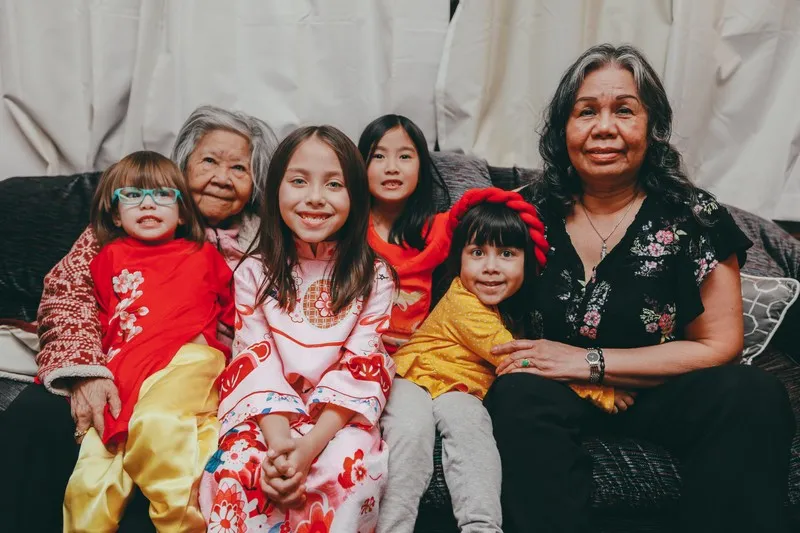In the field of sociology, intergenerational conflict refers to the tensions and disagreements that arise between different generations within a society. It is a phenomenon that has been studied extensively as societies evolve and change over time. This conflict often stems from differences in values, beliefs, attitudes, and behaviors between older and younger generations.
Causes of Intergenerational Conflict
There are several factors that contribute to intergenerational conflict:
- Generational Values: Each generation grows up in a unique social, economic, and cultural context, which shapes their values and beliefs. These differences in values can lead to clashes between generations.
- Social Change: Societies undergo significant changes over time, such as technological advancements, shifts in cultural norms, and economic transformations. These changes can create a generation gap, as older generations may struggle to adapt to new ways of thinking and behaving.
- Power Dynamics: Generations often hold different levels of power and influence within society. This power imbalance can lead to conflicts over resources, decision-making, and social status.
- Communication Gap: Differences in communication styles and preferences can hinder effective communication between generations. Misunderstandings and misinterpretations can further exacerbate intergenerational conflicts.
Effects of Intergenerational Conflict
Intergenerational conflict can have various impacts on individuals and society as a whole:
- Strained Relationships: Conflict between generations can strain family relationships, leading to increased tension, resentment, and breakdowns in communication.
- Social Change: Intergenerational conflict can be a catalyst for social change, as younger generations challenge existing norms and advocate for their own values and beliefs.
- Policy Implications: The clash between generations can also influence public policy debates, as different age groups have varying needs and priorities.
- Intergenerational Solidarity: Despite conflicts, intergenerational relationships can also foster solidarity, understanding, and mutual support, contributing to social cohesion.
Resolving Intergenerational Conflict
Addressing intergenerational conflict requires a proactive and inclusive approach:
- Open Dialogue: Encouraging open and respectful communication between generations is crucial. Creating spaces for dialogue and understanding can help bridge the gap and foster empathy.
- Recognizing Diversity: It is important to recognize that not all individuals within a generation share the same values or beliefs. Avoid generalizations and stereotypes when discussing intergenerational conflict.
- Intergenerational Programs: Implementing intergenerational programs and initiatives can provide opportunities for different generations to interact, learn from each other, and build meaningful relationships.
- Education and Awareness: Promoting education and awareness about generational differences can help reduce misconceptions and promote understanding between generations.
- Collaboration and Cooperation: Encouraging collaboration and cooperation between generations can lead to innovative solutions and a more harmonious coexistence.
Conclusion
Intergenerational conflict is a complex social phenomenon that arises from differences in values, social change, power dynamics, and communication gaps between generations. While it can strain relationships and create tensions, it also has the potential to foster social change, promote intergenerational solidarity, and shape public policy debates. By fostering open dialogue, recognizing diversity, implementing intergenerational programs, promoting education and awareness, and encouraging collaboration, societies can work towards resolving intergenerational conflict and building stronger connections between generations.





